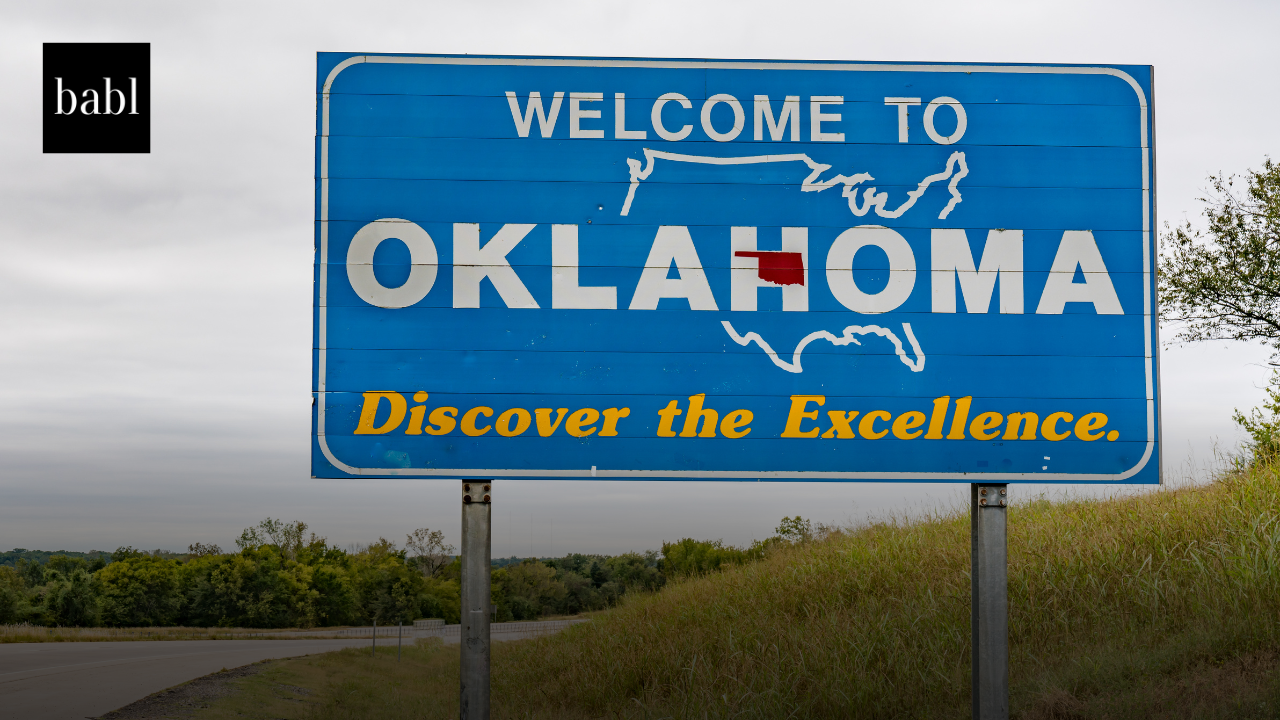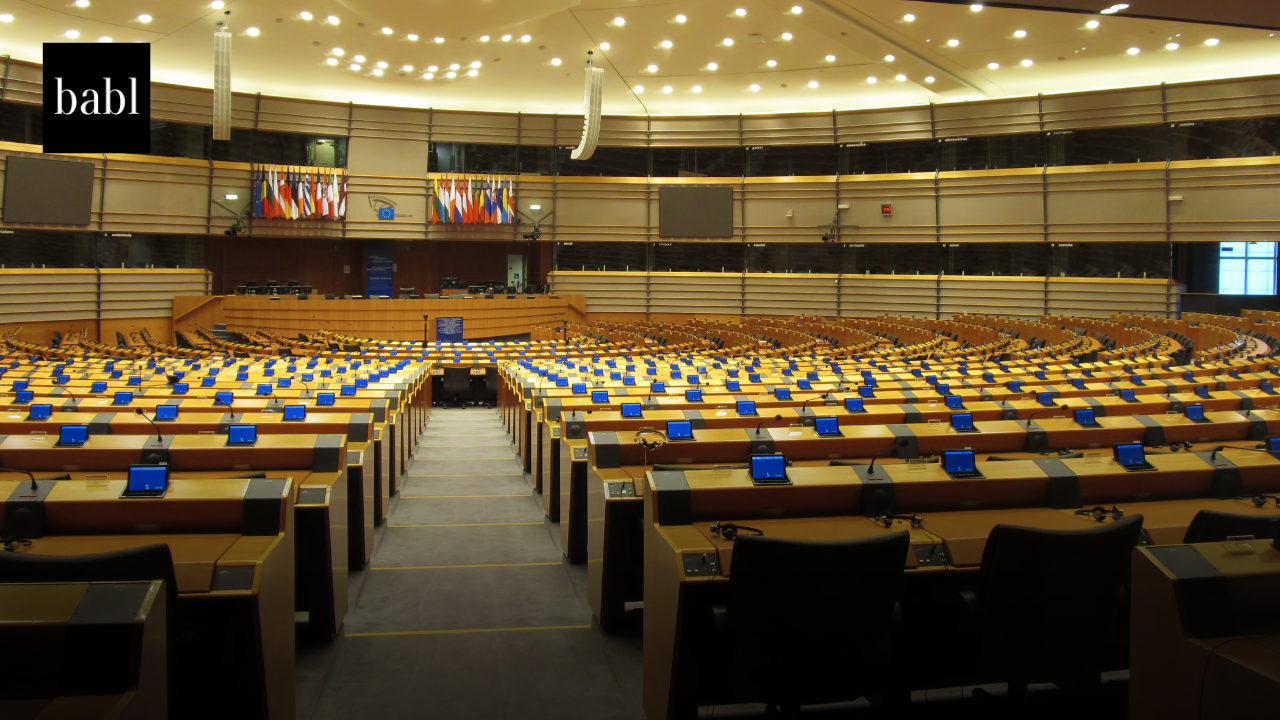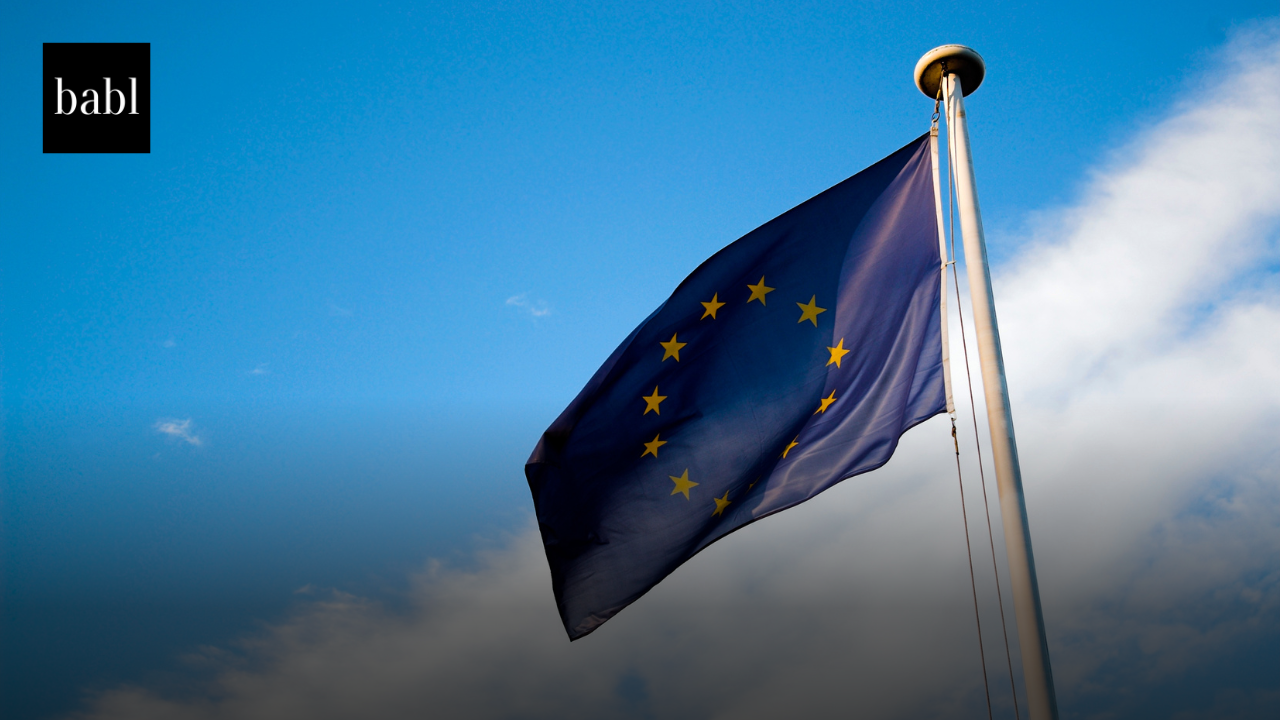UPDATE – JULY 2025: Oklahoma House Bill 3825 was introduced in February 2024 to regulate AI-generated deepfakes in elections. As of July 2025, the bill has not been enacted into law. It was referred to committee early in the session, but no further public action has been recorded.
ORIGINAL NEWS STORY:
Oklahoma Proposes Bill to Ban Deceptive Political Deepfakes
While nothing has happened at the federal level yet, plenty of states are still looking at how to regulate AI’s use in elections in the United States. In Oklahoma, state Representatives Arturo Alonso-Sandoval and Daniel Pae are sponsoring House Bill 3825.
What the Bill Proposes
The legislation relates to elections and seeks to prohibit deceptive and fraudulent deepfakes of candidates for elective office. The bill defines “synthetic media” as manipulated images, audio, or video of an individual created using AI techniques to realistically depict false appearances, speech, or conduct. It defines “deceptive and fraudulent deepfake” as synthetic media of a candidate that deceives voters by depicting speech or conduct that did not actually occur, or gives a fundamentally different impression than the original media.
The bill prohibits distributing deepfakes of candidates within 90 days of an election. However, it provides an exception if the media includes a disclosure stating it has been manipulated and does not depict actual events. The disclosure requirements vary based on whether it is visual or audio media.
Penalties and Legal Action
The bill allows candidates depicted through prohibited deepfakes to seek injunctive relief or damages against the sponsor. Violations are punishable by imprisonment up to 90 days or a $500 fine for first offenses, and up to 5 years imprisonment or a $1000 fine for repeat offenses within 5 years.
The prohibition does not apply to broadcasters airing deepfakes as part of news coverage, if they acknowledge questions about authenticity. It does not apply when broadcasters unknowingly air paid deepfake content after making efforts to verify it. The bill exempts news publications that routinely cover politics if they clearly state the media is inaccurate. It also does not apply to satire or parody.
The bill’s purpose is to limit the spread of highly realistic but false depictions of candidates before elections. Those false depictions could deceive and influence voters. It aims to balance free speech concerns with interest in informed elections by allowing deepfakes with proper disclosures. The penalties aim to deter malicious creators and distributors of harmful deepfakes. The exceptions allow media outlets to exercise free speech and cover deepfakes as part of news, but require transparency when airing questionable content.
So far, the bill has been introduced in the House and has garnished interest. On February 6, it was referred to the Government Modernization and Technology Committee.
Need Help?
If you’re wondering how this and other bills could impact you, don’t hesitate to reach out to BABL AI. Their Audit Experts are ready to provide valuable assistance.





